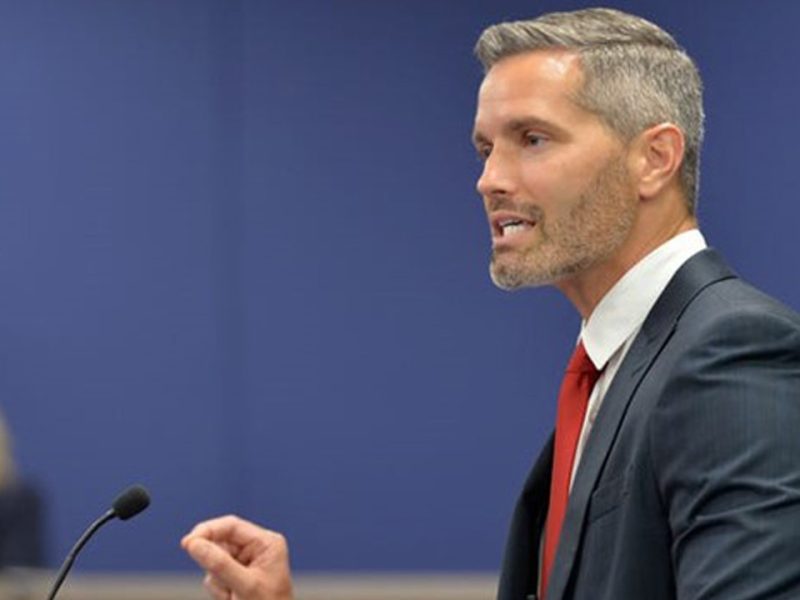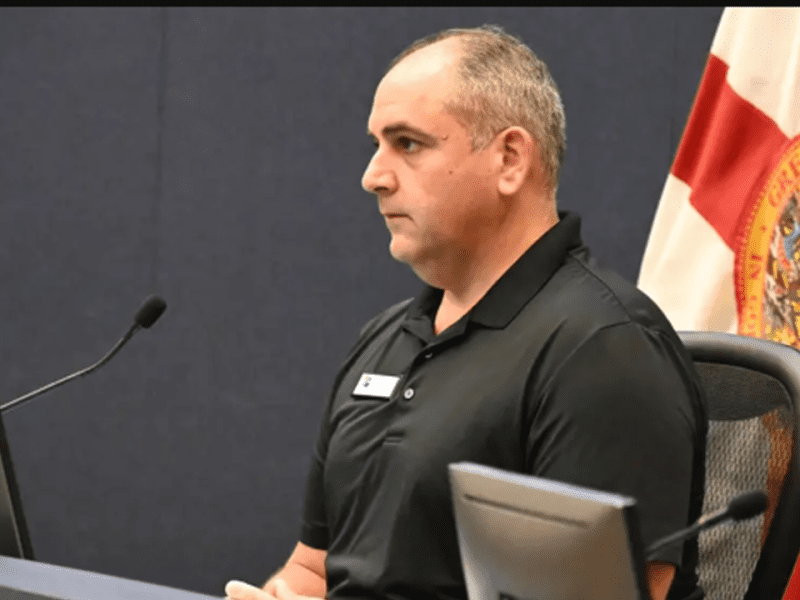Breaking the Glass Ceiling: Effort Aims to Get More Women Into Superintendents’ Jobs
Education Week | By Denisa R. Superville | October 24, 2022
Jenkins, Orange County’s first female superintendent, who left this summer, said the Women in Leadership Initiative at Chiefs for Change, a bipartisan organization that focuses on education leadership at the state and district levels, aims to help prospective female superintendents land the job and stay in them.
“Historically, we believe that there have been women who are capable of doing the work, who in some instances haven’t been given an opportunity to do the work,” Jenkins said. “We would like to see them given the same fair chance as others. It’s no different than in other sectors. There are still gender inequities and gender bias that we deal with as women in this country—whether it’s pay inequities or position inequities. I think we have to face that realistically in order to do something about it.”
Women account for the majority of teachers, principals, and central office staff, but only about a quarter of superintendents are women. Gains made before the pandemic seem in eroding, said Jenkins, who led 206,000-student Orange County for a decade before stepping down this year.
A recent study by the ILO Group, a women-owned organization that advises school districts, found women were not landing as many of the top district leadership spots during the pandemic as their male counterparts. In a look at the top 500 districts that announced in 2021 they’d be getting new superintendents, ILO found that men were selected in 16 of the 17 cases where the positions were filled.
“There is something out of balance if it’s OK for women to be the majority of the teachers, and for women to be a good percentage of the principals, and [have some representation] at the district leadership level, and then when you get to that final step there seems to be a glass ceiling that’s keeping women out,” Jenkins said.
Practical instruction coupled with mentoring
How does the Women in Leadership Initiative plan to increase the number of women in the superintendency?
Through coaching and mentoring to help women get the job, but also by emphasizing practical preparation to get them ready for their interviews and to address sticky on-the-job issues. Practical assistance can include helping to provide background on the district—history, financial issues, and current challenges, for example—where women are applying and interviewing.

Chiefs for Change already runs a Future Chief program, which selects a group of aspiring state and district leaders to prepare them for the next step. The Women in Leadership Initiative will add an additional layer of support for women in the Future Chiefs program, Jenkins said.
“I don’t want our young men to think we are not empathetic toward their plight as well, because the job is tougher today than it was 10 years ago,” Jenkins said. “Our Future Chiefs program supports all of our individuals. We just believe that there is an added challenge to women in leadership, and so there is an extra layer, an extra undergirding, and an extra network, if you will, to support our women to go after the job.”
Practical topics include areas that are often challenges for superintendents—both men and women.
“If you don’t do work around [school] board relations, you are not going to be successful in the job,” she said. “If you don’t do work around community relations and engaging the community and stakeholders, you are not going to be successful in the job. So we have to hit on those topics.
“You have to have a very clear marketing scheme,” she said. “You’ve got to have a very clear public relations focus on the district so you can gain support from your community if you want your school system to be successful. Then, of course, you’ve got to have an instructional program that’s based on research and practices that’s going to help boost student achievement, or you’re not going to stay in the job.”
Women get a lot of cues that they’re not part of the inner circle when the names swirling around superintendent searches are often men, she said. It also takes some effort to convince women that they’re ready for the next step, Jenkins said.
Jenkins’ former boss, then-Orange County Superintendent Ronald Blocker, convinced her when she was the deputy superintendent that she was ready for the job, and in the last years of his superintendency gave her opportunities for on-the-job training. Jenkin’s replacement in Orange County, Maria Vazquez, the district’s first Hispanic superintendent, was also Jenkins’s deputy.
“The mentoring, the coaching, the preparation—that’s what we are trying to do both in our Future Chiefs and in our Women in Leadership effort—it’s to bolster confidence as well as skill-level for that first chair,” said Jenkins.
Managing the job
There’s also a self-care component directed toward women, who are often the main caregivers at home and have to juggle work and personal responsibilities.
“We talk very frankly about that and help give them strategies both to maneuver those trying times … as well as strategies on how to avoid failures,” she said.
The “sisterhood” nature of the initiative, where women can commiserate, is also helpful, she said.
“The power of women getting together so that they can both brainstorm around issues they are facing and support and encourage one another is extremely powerful,” Jenkins said.
Women in the network will also have access to other district leaders who can guide them through on-the-job challenges in which the leaders have first-hand experience and expertise, Jenkins said.
In addition to Jenkins, coaches and mentors include well-known district leaders like Susana Cordova, the former Denver superintendent; Sharon Contreras, the former Guilford County, N.C., superintendent; and Janice Jackson, the former Chicago superintendent.
“Having someone who is more experienced being able to walk you through it and talk you through it is extremely helpful,” Jenkins said.






